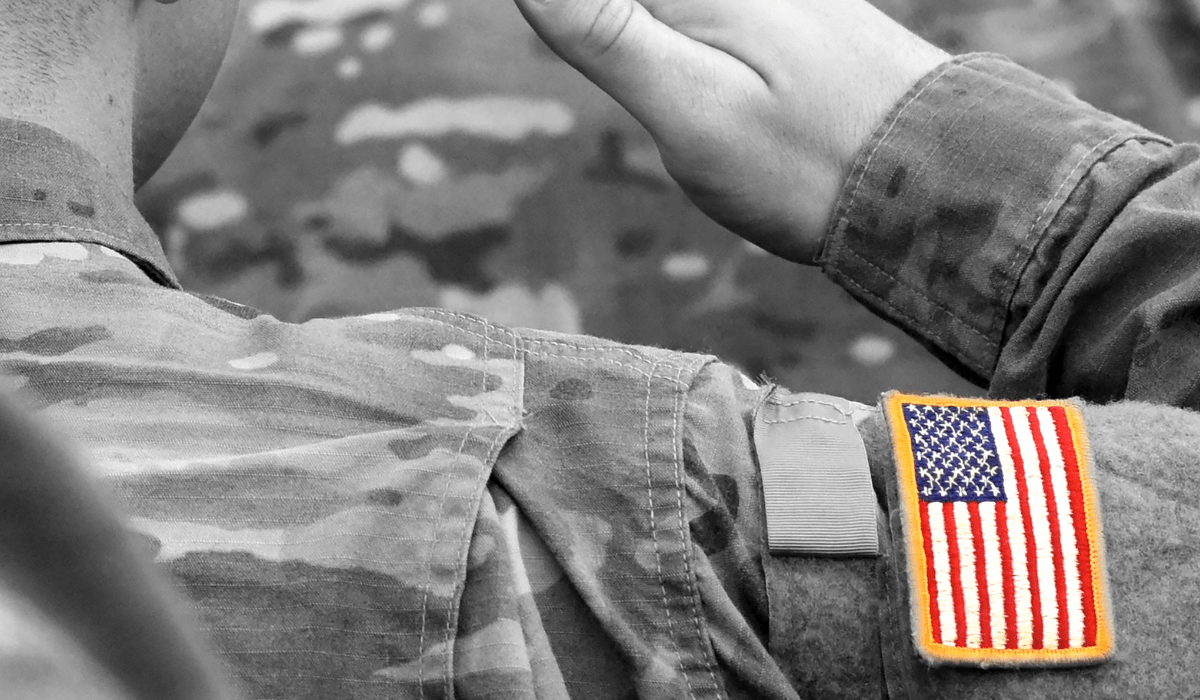
A look into the mind of Court Martial Attorney Tim Bilecki
Bilecki: I don’t think I’ve had a case where the odds haven’t been stacked against me. The reality is: if the odds weren’t stacked against my client, they probably wouldn’t be hiring me and I probably wouldn’t be taking the case. I love a challenge—I love the challenge more than anything. I love the hard cases.
I don’t take the easy cases, and I find, oftentimes, the case that looks like the odds are so stacked – like that case where someone falsely confesses – are the cases that can be won. Because the odds look like they’re against you, and because the case looks like the evidence is stacked against you, it doesn’t mean the client is guilty. And even if they are, it doesn’t mean they’re going to be found guilty. Those are the cases I relish. Those are the cases that I want to take on.
My Passion
Bilecki: As you know, my background—I spent eight years in the US Army, and when I got out of the Army (resigned from my Commission), I started my own practice in 2010. I’m just really passionate about it. One of the things I’m really passionate about is defending those who defend America. They’re amazing clients and the interesting thing is that many of them are falsely accused and charged with crimes they didn’t even commit. And so, again, I’m truly passionate about getting in the courtroom and defending these soldiers and service members.
Carla: Tell me why—what is the difference between a civilian lawyer and a military lawyer?
Bilecki: Because I’m wearing a suit and they’re wearing a uniform. I don’t have a rank on my chest. My name is not sewed to my upper left breast pocket, and I represent my client and not the military. The only interest I have in mind is my client’s interest.
When you wear the Army uniform, or you wear the Marine Corps uniform, whatever uniform you choose to wear, there’s a bigger picture—they don’t want you to rock the boat and you can’t say anything that could potentially damage the image of the Army, the Navy, the Air Force, or the Marine Corps because that’s your employer. Even though you are working as a Defense Attorney, who’s your employer? Who’s paycheck are you cashing?
You’re cashing Uncle Sam’s check. And if there’s anything different between the way you want to defend your client and what you say in the media, that goes against what the Army, the Navy, or the Marine Corps believes to be true, you’re always going to be at the losing end of that battle. And, they don’t want the negative publicity. I don’t have a boss. I am the boss. I’m not scared of an O-6 or an O-7, or some general officer getting upset with me because I went to the media. I don’t care.
My mission is to defend my clients, and if that means we need to go to the media or otherwise, we will do it. Every avenue we can take to win our case within the bounds of the rules and professional responsibility, we will do. And so, I’m not going to be intimidated, and I’m not going to be told I can’t do something by some Commander because I don’t wear the uniform anymore. And I always say, “The best orders I received are the ones that say ‘DD-14’.”
Preparation is Key
Carla: Now, when you’re getting ready for a case, what are your tactics—your methods? How do you get everything together (all the facts) so that you’re able to present it and be the best lawyer that you can be for the person that you are representing?
Bilecki: I think the reality is that you just have to go 100%. You have to not believe everything that the government gives you, in terms of the CID or the law enforcement investigation. The first thing I like to do is I can’t build a puzzle Carla until I have all the pieces, and typically when I get a case I get 10 or 12 pieces to a 100-, or 200-piece puzzle. The first thing I want to do is investigate the case. Oftentimes, I just bring my own investigators from my team, if possible. Talk to all of the witnesses, assemble all of the facts, and once I understand the facts of a case, then I can marshal it into the best defense possible.
That’s really the first step. After that, the second step is creating a plan of action so when you get to the trial you have a winning strategy at trial. And every case is different, Carla. I mean, in some cases you have to be extraordinarily aggressive in the way you handle the case, other times, you may need to keep your cards close to the vest because every case is different.
Then the final thing is you need to execute. There are game-day players, and there are not game-day players. You need to walk into court and execute your plan and execute the mission. If that’s taking out a government witness via cross-examination, you have to have the mental and intestinal fortitude to do it. You have to, essentially, deliver.
You know, a case everyone talks about the lawyers, it’s not necessarily the law that wins cases. Anyone can look up the law. It’s the ability to go into a courtroom and tell a compelling story, and to give your story—the client story of innocence. And once you can do that (combine those things together), that’s what often wins cases—telling your client’s story of innocence.
Carla: Has there ever been a case that you have thought, “Wow, I’m not quite sure if I can really win this case,” and in the end, you end up successful?
Bilecki: You have to know that any lawyer who takes on a case who doesn’t believe they can win shouldn’t be taking on that case. There are difficult cases, some cases are more difficult than others. That’s like asking a racecar driver if they don’t think they can drive the car. If you don’t believe you can drive the car, then you don’t have business being in it.
So, the reality is: there are tough cases; there are cases that are more difficult to win, but if you don’t believe in your heart that you can go in there and win the case, then you shouldn’t be taking it on. And the second thing, Carla, if you look at a case and it looks like it’s impossible, you need to look at it harder. You need to study the problem and figure out what’s really going on because there’s always a way to win, you just need to find out how to do it.
Carla: Now, tell me, how can somebody get in touch with you?
Bilecki: I mean, the reality, Carla, is that there are so many service members that need our help. One of the things I pride myself in is: I take a couple of hours of every week to talk with service members who have been accused of crimes.
So, if you’ve been in a situation where you’re accused of a crime, you want to sit down and really, come to my office and talk with me one-on-one for 20, 30 minutes, or do you want me to hear your case, call our office. You can talk to my secretary and she will get you on my calendar.
I think it’s really important to be accessible and to be able to talk with people because if you have a situation like what we’ve talked about and you believe I can help, or you just need some advice, I want to make sure I’m there to be able to provide that.
Defending Service Members Globally
Wherever Duty Calls, Our Defense Follows




